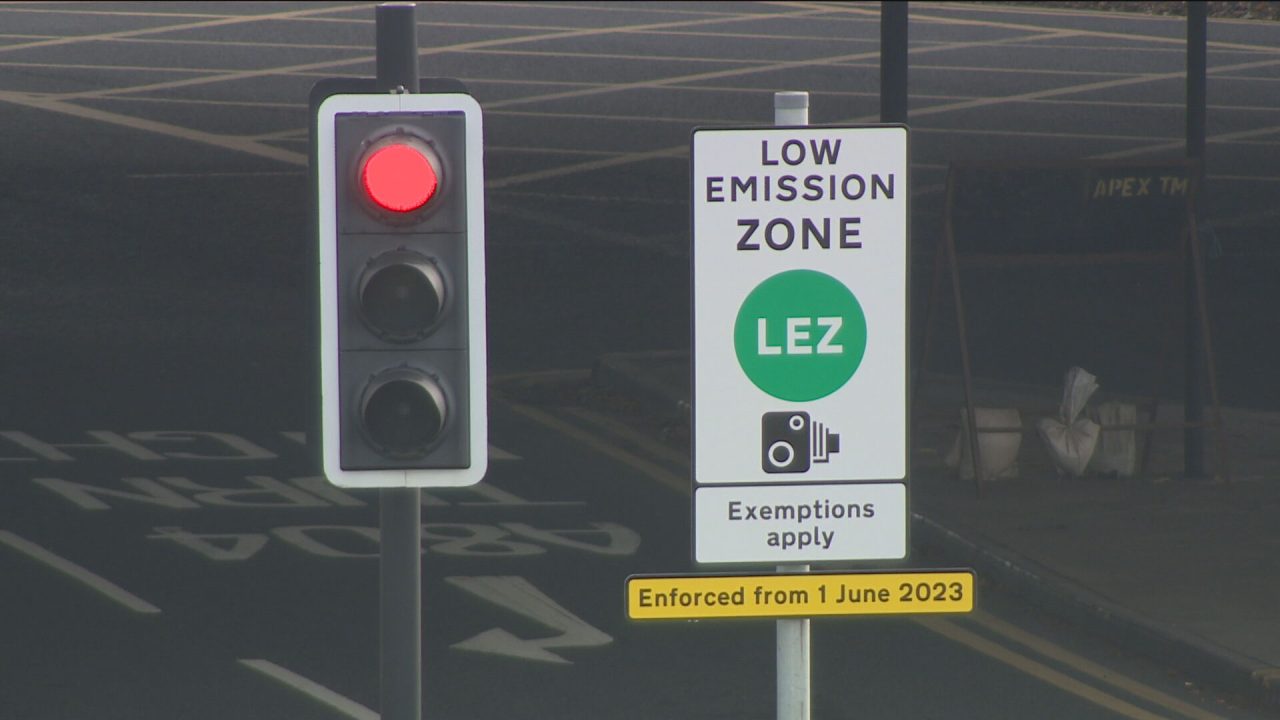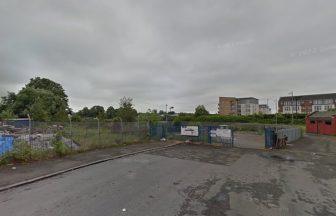Lawyers for Scotland’s largest local authority have won a victory at Scotland’s highest civil court on whether Low Emission Zone (LEZ) penalties sent by standard post can be enforced.
Glasgow City Council’s legal team went to the Inner House of the Court of Session following a ruling made last by a tribunal in the case of a motorist called Allan Hamilton.
An Upper Tribunal ruled that Mr Hamilton was not liable for a £60 fine for breaching the city’s low-emission zone (LEZ) because it was sent via standard post rather than by recorded delivery.
Lawyers argued at the tribunal that the error sent to Mr Hamilton was unenforceable – as the law which governs how breaches of the LEZ should be dealt with states that all penalty charge notices should be sent by registered post or recorded delivery.
Experts predicted at the time that the council faced thousands of similar challenges, which could cost the local authority more than £1.2m of penalty revenue.
However, lawyers went to the Inner House of the Court of Session to argue that the upper tribunal’s ruling was mistaken.
They told civil appeal judges Lord Pentland, Lord Malcolm and Lady Dorrian that the parliamentarians who drafted the legislation in relation to the penalty charge notices could not have wanted people to escape being fined on a “purely technical point”.
They also argued that it wasn’t disputed that Mr Hamilton had received the penalty charge notice – the motorist asked for the charge not be enforced and appealed the fine when council bosses refused to overturn the charge.
In a written judgement issued by the court on Thursday afternoon, Lord Pentland, who delivered the opinion, upheld the submissions made to him by the council’s legal team.
He wrote: “The question then comes to be whether the statutory scheme yields the inference that Parliament must have intended the PCN to be unenforceable on account of its having been invalidly served, even in circumstances where there is no doubt that a properly framed PCN has in fact been timeously received by the person to whom it was issued.
“This seems an inherently unlikely interpretation of Parliamentary intention. It would mean that Parliament intended in every case to put the procedural cart before the substantive horse to such an extent that an inconsequential lapse in procedure would inevitably defeat the substantive purpose of the legislation; form would be allowed always to triumph over substance.
“In cases where it is undisputed that the purpose of serving the PCN has in fact been fulfilled, there seems no reason to suppose that Parliament would nonetheless have intended the PCN to be unenforceable, essentially on the basis of a technicality.
“The court is not able to identify any bright-line rule to that effect from a reading of the 2019 Act, the 2021 Regulations and the 2010 Act.
“It follows that the appeal succeeds.”
The Low Emission Zones are aimed at deterring older vehicles that do not comply with modern emission standards from entering designated regions within Scotland’s city centres.
The schemes apply to diesel-powered vehicles registered before September 2015 and petrol vehicles registered before January 2006.
Any motorist caught entering the zones in a non-compliant vehicle will be fined £60.
Politicians argue that the policy will help to tackle air pollution, meet air quality legal limits and protect public health.
Motorists who receive a fine are told they will have to pay £60. This is reduced to £30 if they pay within 30 days – the fine is increased to £90 if they do not pay on time.
The Inner House heard that it is understood that 30 to 40 cases similar to Mr Hamilton’s are currently being considered by a first-tier tribunal.
The judgement tells of how Glasgow’s LEZ came into force on June 1, 2023. On August 11, 2024, council officials sent Mr Hamilton the PCN by standard post.
The notice alleged that Mr Hamilton had breached LEZ rules by driving a non-compliant car in the city’s Broomielaw on August 7, 2023.
The judgement states that Mr Hamilton does not dispute that he received the notice. It tells of how he responded to it, saying it would be unfair for him to pay the charge.
He said that he had inadvertently driven into the zone, having got lost in a part of the city which he didn’t know well. He said he was driving home to Ayrshire in a new car, and he hadn’t noticed the LEZ warning signs.
Glasgow City Council rejected Mr Hamilton’s claims, prompting the motorist to go to a first-tier tribunal.
In the judgement published on Thursday, Lord Pentland wrote that Mr Hamilton’s legal interests hadn’t been affected by the council sending him a PCN by post.
He wrote: “The purpose of requiring service of a PCN by registered or recorded delivery is plainly to ensure that there is a verifiable way of proving, should it be necessary so to do, that the errant motorist has been advised of all the relevant information – the alleged contravention, his right to challenge it,the amounts of the full and discounted penalties, the time limits, and the authority’s rights to enforce payment.
“Verification is not important or relevant in the present case, however.
“This is because Mr Hamilton has all along accepted that he duly received the notice. Indeed he responded to it promptly by submitting that the contravention was excusable in the particular circumstances.
“The purpose of the rules governing service has accordingly been fulfilled. Mr Hamilton’s interests have not been adversely affected to any extent.
“He was timeously informed of everything that he needed to know.”
Lord Pentland and his colleagues decided to send Mr Hamilton’s case back to a “freshly constituted first tier tribunal” that could consider the motorist’s claims.
Follow STV News on WhatsApp
Scan the QR code on your mobile device for all the latest news from around the country


 STV News
STV News
























